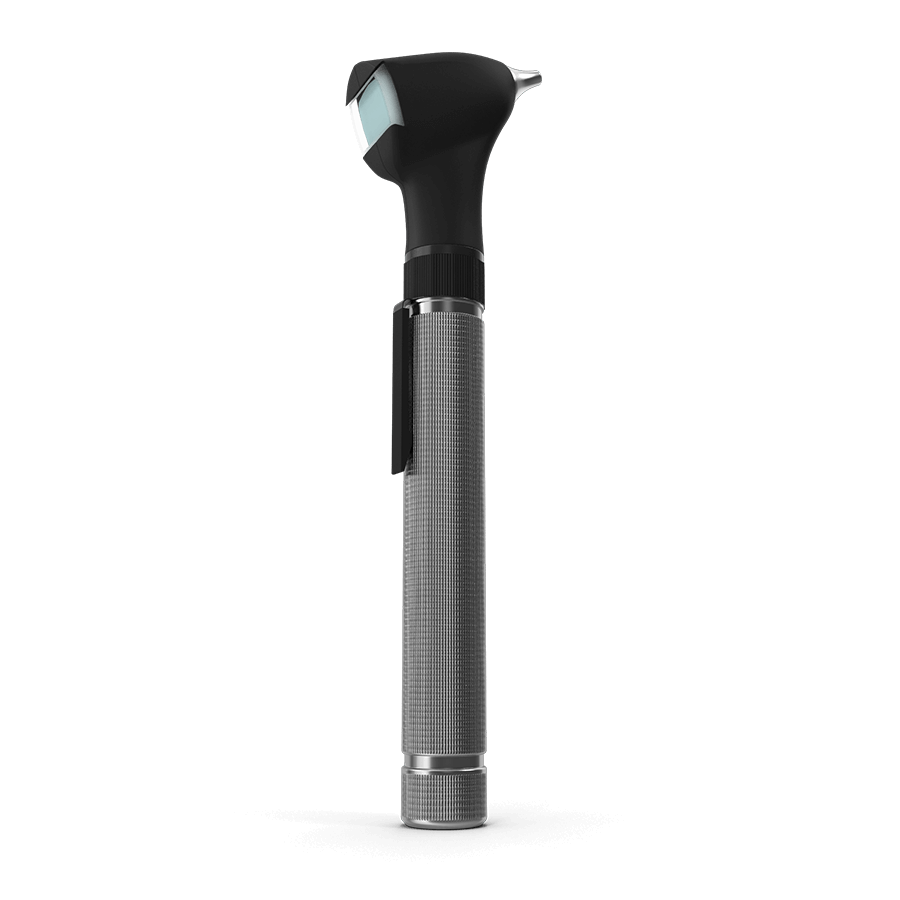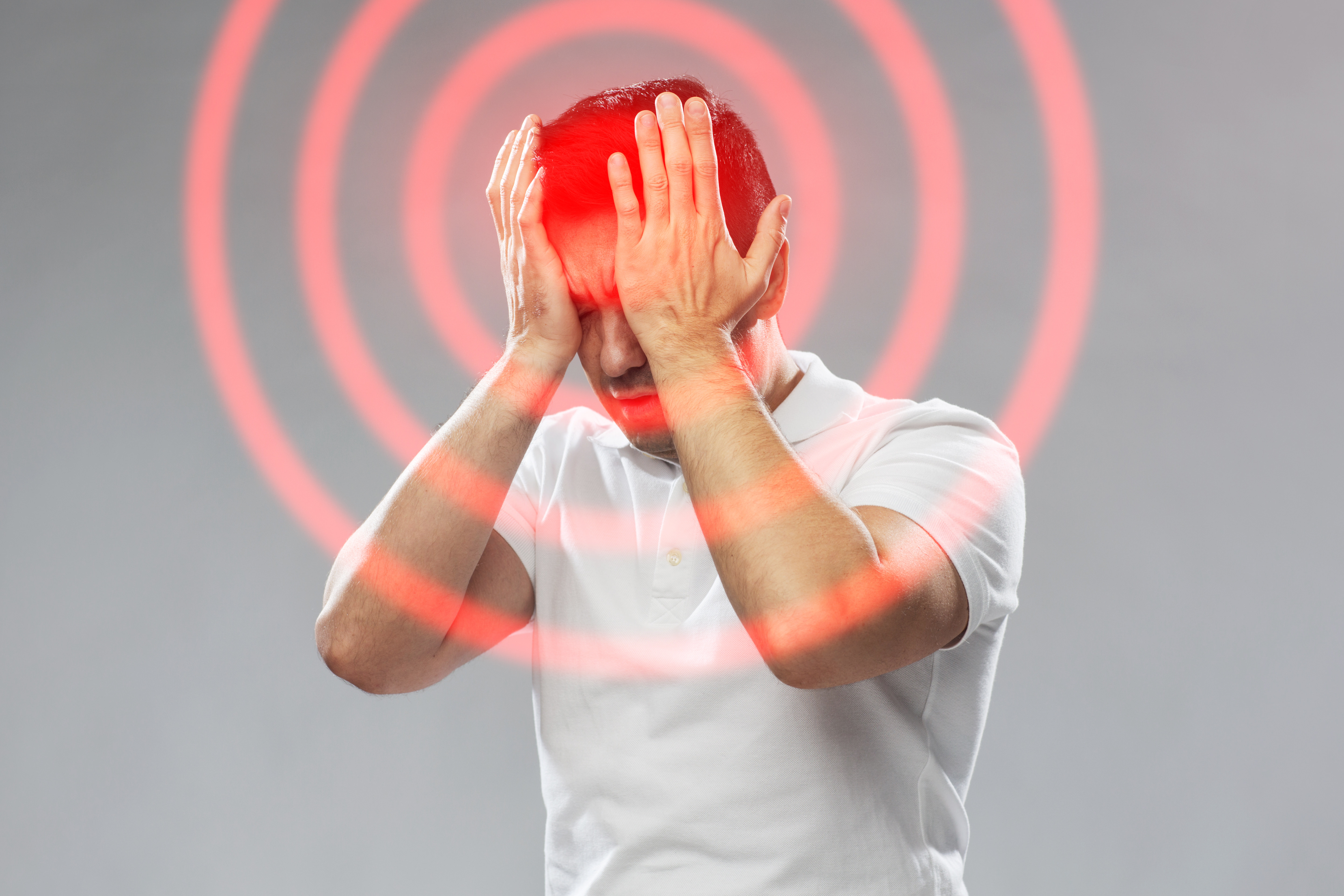Table of Contents
Intro
Enjoying Algarve’s vibrant beach clubs doesn’t have to risk your hearing. With music levels frequently reaching 90–100 dB, knowing how to protect your ears is essential. Here’s how to safely experience summer’s soundtrack without compromising auditory health.
Understanding Sound Risk in the Algarve’s Beach Clubs
Algarve’s summer is synonymous with vibrant beach experiences—music by the ocean, lively DJs at upscale venues, and sunset parties at famous spots like Praia da Rocha and Albufeira’s historic strip. While these moments feel carefree, many venues have ambient sound levels estimated at 90–100 dB, similar to a salon hairdryer or fireworks. According to international safe listening limits, sound at 90 dB should be avoided for more than four hours a week, and 100 dB becomes hazardous in under 15 minutes. Frequent guests and residents who visit multiple clubs in a week can easily exceed safe exposure limits if protective measures aren’t used.
Why Beach Music Can Harm Your Ears
Sounds above 85 dB can damage sensitive hair cells in the inner ear if exposure is prolonged. Unlike temporary sounds, repeated exposure without rest can lead to cumulative harm. Even without permanent hearing loss, many people experience temporary threshold shifts—hearing sounds muffled in the evening and ringing in the ears the next morning. This “tinnitus” often clears after a short break, but repeated episodes may become permanent without preventative action.
Several palm-fringed beach resorts are built around natural amphitheatres, amplifying sound from speakers. Beach umbrellas, reflective terraces, and wind tunnels near the coastline can intensify noise exposure beyond what the sound meters register at head height. Wealthy visitors often linger in prime “view and sound” seating, which places them closer to direct sound output zones.
Practical Protection Tips for Resorts & Beach Lovers
1. Where and when you sit matters
Choose shaded, reclined seating and stay farther from speaker zones or DJ risers. The wise angle of the windsurf bar or lounge area usually offers better acoustics. Visiting beach clubs earlier in the evening—before events ramp up—limits exposure to peak volume sets.
2. Premium ear protection—without muffling the vibe
Custom or musician-grade earplugs filter sound evenly across all frequencies — typically reducing 15–25 dB without distorting music quality. These enable you to dance or dine to live sets while safely lowering exposure from 95–100 dB to around 80 dB—a significant difference for hearing safety.
3. Time your listening
Use the “safe listening clock”: at 90 dB, limit exposure to no more than four hours in total per week; at 95 dB, reduce it to under an hour; and at 100 dB, avoid more than 15 minutes in a single stretch. Split your outing into sets at the beach, followed by quiet cafés or shaded garden lounges between sessions.
4. Alternate loud moments with calm breaks
After a noisy set—especially indoors or in enclosed beach zones—step away for 10–15 minutes to a quiet spot (like the dunes or shaded seaside paths). This helps your auditory system begin recovery before the next loud moment.
Know When Your Ears Need Help
If you notice any of the following after a night out, your ears are sending a warning:
Persistent ringing or buzzing in one or both ears (tinnitus)
Difficulty understanding conversation in quiet settings
Muffled hearing that feels foggy or delayed
A sense of fullness or temporary “pressure” after leaving noisy zones
Most people regain hearing clarity after a few hours or overnight rest. But if symptoms persist, recur every visit, or return more severe, it’s wise to seek a professional hearing assessment.

Why AudioCare Helps You Safeguard Your Summer Hearing
Regionally informed support: Our audiologists understand the sound environments at Algarve’s upscale venues and seasonal events.
Personalised guidance: We recommend ear protection options that suit your lifestyle—from pool parties in Vilamoura to beach bar sets at Lagos.
Lifestyle-compatible advice: We don’t sell devices—we help you develop safe habits that let you keep enjoying beach culture your way.
Early detection: If signs of auditory strain arise, we provide thorough hearing checks and monitoring to help prevent irreversible damage.
Enjoy Algarve’s Sound Responsibly
A summer holiday in the Algarve should leave you with fond memories—not damaged hearing. With careful awareness, premium ear protection, and smart time management, you can experience the rhythm of beachfront entertainment without compromising auditory health. Catch the waves, enjoy the music—and breathe in the silence when you need it.
References
WHO – Safe Listening Recommendations, including exposure limits at 80 dB and 90 dB
Brown University Health – hearing risk at venues, safe exposure durations at 100 dB
Custom musician earplugs attenuate evenly (e.g. 9–25 dB filters)
Temporary threshold shift and tinnitus warning from repeated loud exposure







